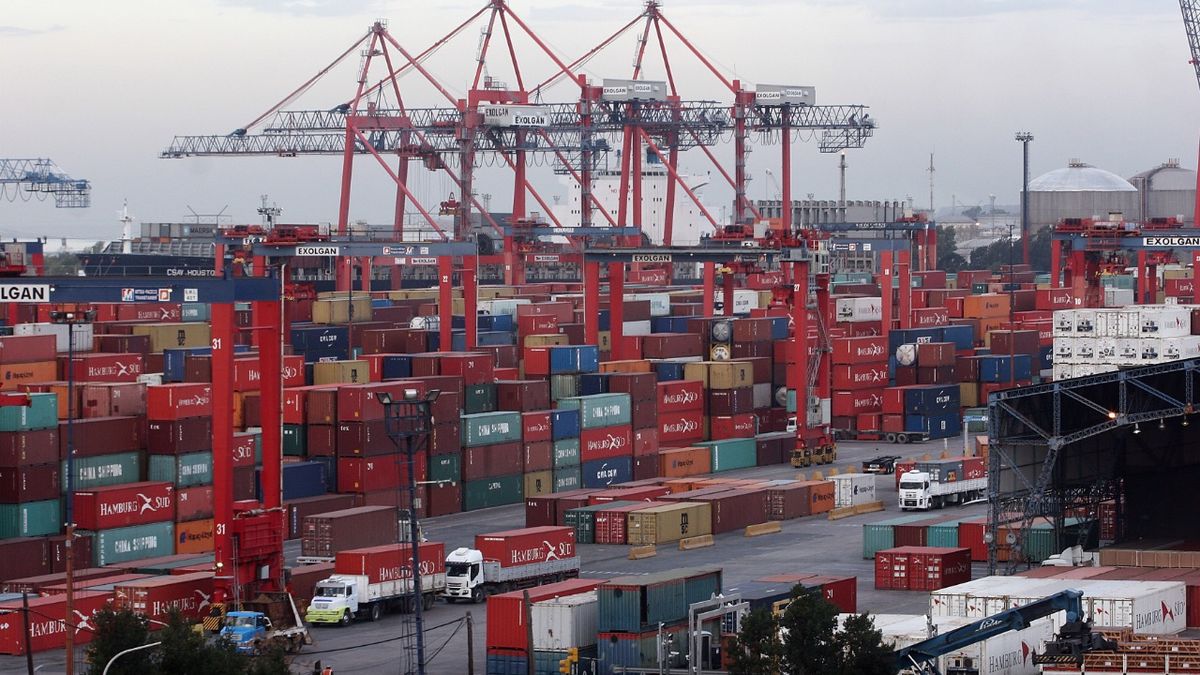The new administration seeks to simplify the processing of import operations, considering the provisions of the World Trade Organization (WTO) and other trade agreements approved by previous laws.
The Government made official the implementation of the Import Statistical System (SEDI) which seeks to simplify import procedures and replaces the SIRA. He did it through Resolution 1/2023, published this Tuesday in the official bulletin with the signature of the Federal Administration of Public Revenue and the Ministry of Commerce.
The content you want to access is exclusive to subscribers.
The proposed measure seeks the repeal of Resolution No. 523 of 2017 and its modifications, with the aim of simplifying the processing of import operationsconsidering the provisions of the WTO and other trade agreements approved by previous laws.


Said measure established, for the merchandise included in all the tariff positions of the Common Nomenclature of MERCOSUR (NCM) with final import destination for consumption, the obligation to process Automatic Import Licensesexcept for those tariff positions of the Common Nomenclature of MERCOSUR (NCM) determined in said regulation, which must process Non-Automatic Import Licenses.
According to the official text, This measure is compatible with the provisions of the Agreement on Import Licensing Procedures defined by the WORLD TRADE ORGANIZATION (WTO).approved through Law No. 24,425, as well as in the General Agreement on Customs Tariffs and Trade of 1994, Annex I of the Treaty of Asunción approved by Law No. 23,981 and the Treaty of Montevideo of 1980 approved by Law No. 22,354.
SEDI: what the measure means
The resolution will come into effect the day after its publication in the Official Gazette.
In summary, the repeal of Resolution No. 523 means that, from now on, All merchandise included in all the tariff positions of the Common Nomenclature of MERCOSUR (NCM) with final import destination for consumption may enter the country without the need to process an import license.
He SEDI aims to provide statistical information in a descriptive and advance manner to historical records.in order to carry out an efficient analysis of their evolution, useful for the eventual adoption of trade defense measures, without implying delays in the productive sectors, establishing an administrative procedure with greater simplicity and transparency.
- The SEDI declarations must be made by the importers defined in section 1 of article 91 of the Customs Code, and will have a validity period of 360 calendar days.
- At the time of making the SEDI declaration, the AFIP will analyze, based on the information available in its records, the tax situation of the taxpayer and its economic and financial capacity to carry out the operation that is intended to be carried out.
The operations excepted from making SEDI declarations are:
- Import destinations for consumption, carried out within the framework of the sampling, donation and diplomatic franchise regimes,
- Merchandise with exemptions from duties and taxes,
- Merchandise entered under the Courier or postal shipment regime,
- Goods covered by the import regime for inputs intended for scientific-technological research that are framed in the certificate provided for in Article 4 of Law No. 25,613,
- Goods from the Special Customs Area created by Law No. 19,640 that are imported into the continental territory, as well as import operations of goods from the continental territory that are imported into said Special Customs Area, and
- All merchandise that enters within the framework of the provisions of General Resolution No. 3,628 (AFIP).
The merchandise declared under the SEDI declaration will have a tolerance in the FOB unit value of 7% more or less, and in the quantity of 7% or more, no limitations being established when this is lower than what is declared in the SEDI declaration in relation to those recorded in the corresponding import destination requests for consumption.
Source: Ambito




